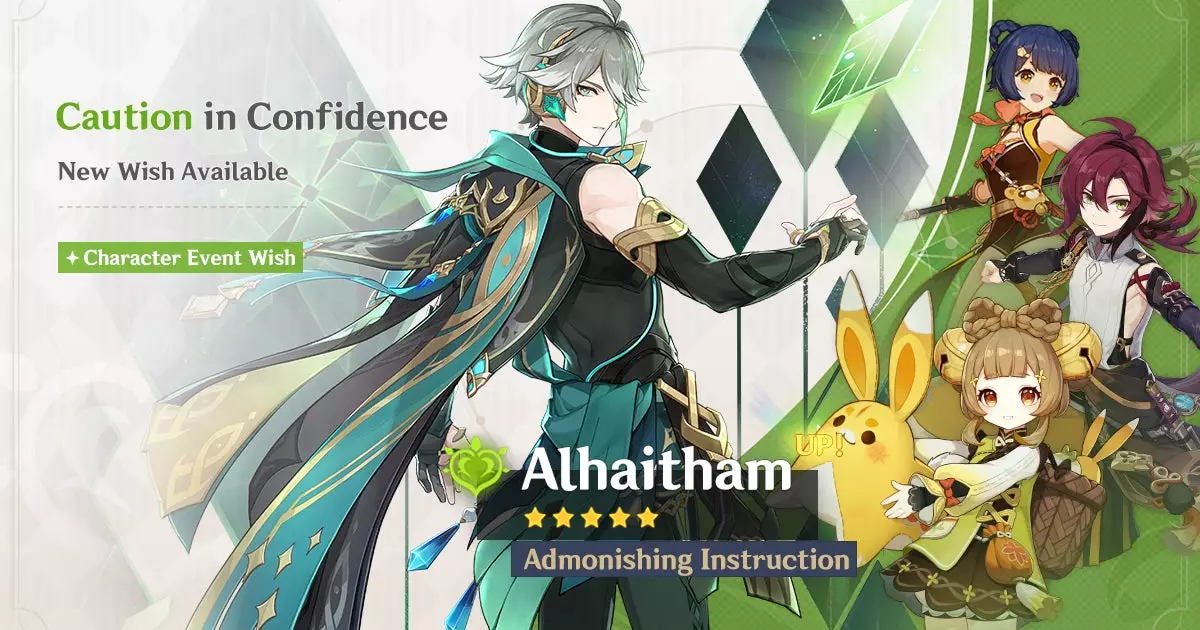In a landmark settlement, Genshin Impact’s parent company, HoYoverse, has agreed to pay a hefty $20 million to resolve allegations from the U.S. Federal Trade Commission (FTC). The case highlights growing concerns regarding the gaming industry’s practices, particularly in how it engages with younger audiences. The accusations surrounding the marketing of loot boxes in Genshin Impact raise important questions about transparency, ethics, and consumer protection in an age where mobile and online gaming is increasingly dominant.
The FTC’s complaint against HoYoverse encompasses serious allegations, claiming that the game employed misleading tactics to market its loot boxes, particularly to children. The intricate system of currencies within Genshin Impact, which includes numerous conversions and somewhat unconventional denominations, appears designed to keep players in the dark about the true costs of their transactions. For young players who are often unfamiliar with financial transactions, navigating this convoluted system can be particularly challenging, ultimately leading them to spend far more than they possibly intended.
Moreover, the complaints extend further, alleging that the company might have breached critical privacy laws by collecting personal information from children without appropriate consent. Known as the Children’s Online Privacy Protection Act (COPPA), this law serves to safeguard young internet users from potential exploitation. The troubling findings suggest that Genshin Impact’s data collection practices were not only ethically questionable but also in direct violation of legal standards meant to protect minors.
The Fallout and Legal Repercussions
If the proposed settlement is approved by a federal judge, HoYoverse will be required not only to pay the $20 million fine but also to implement significant changes to how it operates. This includes the deletion of any personal data collected on children under the age of 13 and the imposition of new age restrictions on loot box sales, which must now involve parental consent for players under 16. The implications of this ruling underscore a potential seismic shift in how gaming companies approach marketing strategies aimed at younger audiences.
Samuel Levine, the Director of the FTC’s Bureau of Consumer Protection, decisively stated that companies exploiting “dark-pattern tactics” in their marketing will face consequences. His remarks illuminate a broader commitment by authorities to hold organizations accountable for their methods, particularly when they potentially take advantage of vulnerable groups, such as children and teens.
This settlement serves as not only a punishment for HoYoverse but also a wake-up call for the gaming industry at large. With the rapid expansion of online gaming and microtransactions, it becomes crucial for developers and publishers to adopt ethical marketing practices that prioritize transparency and consumer protection. The scrutiny revealed in this case emphasizes the necessity for industry-wide reforms that safeguard players, particularly young ones, from misleading practices. As gamers and regulators alike keep a watchful eye on these developments, the outcome of this case might well redefine gaming standards in the future, paving the way for a more responsible approach to in-game monetization.


Leave a Reply